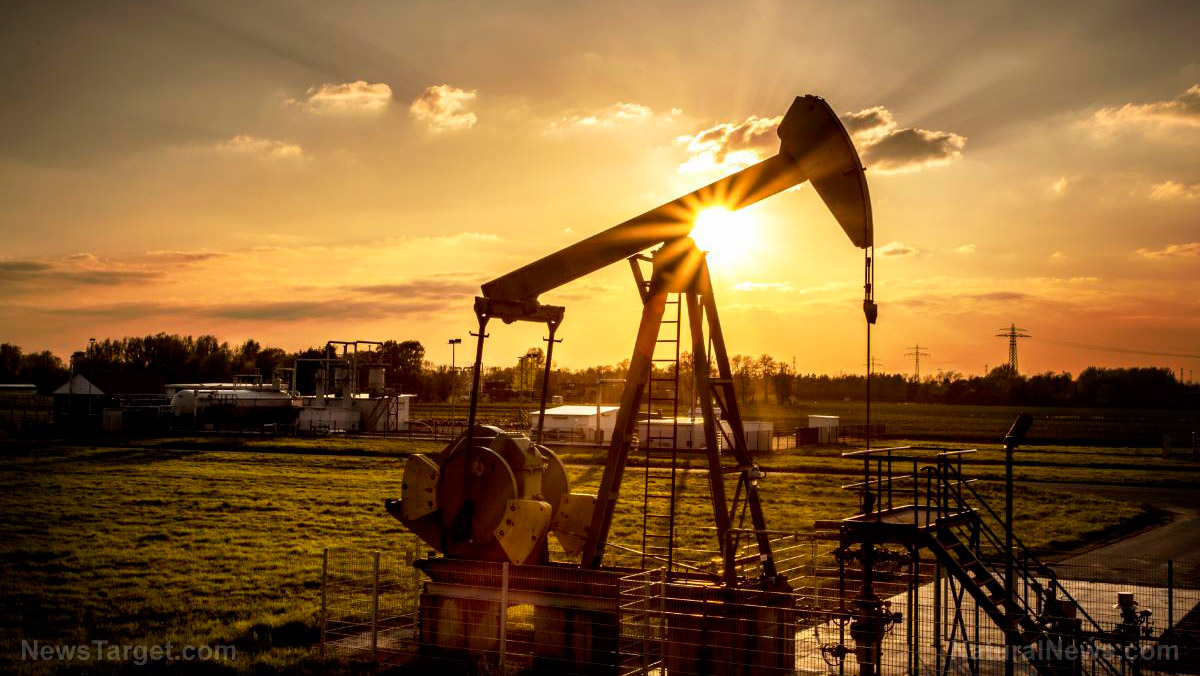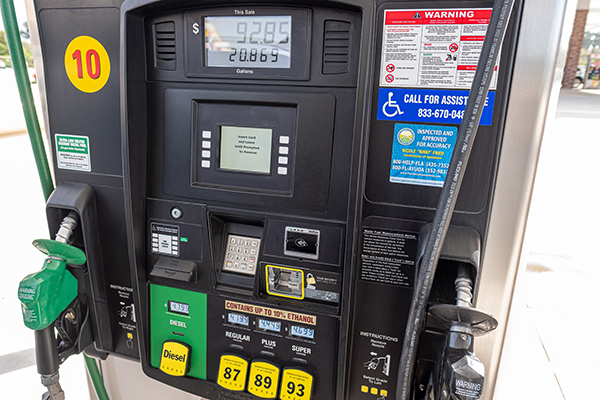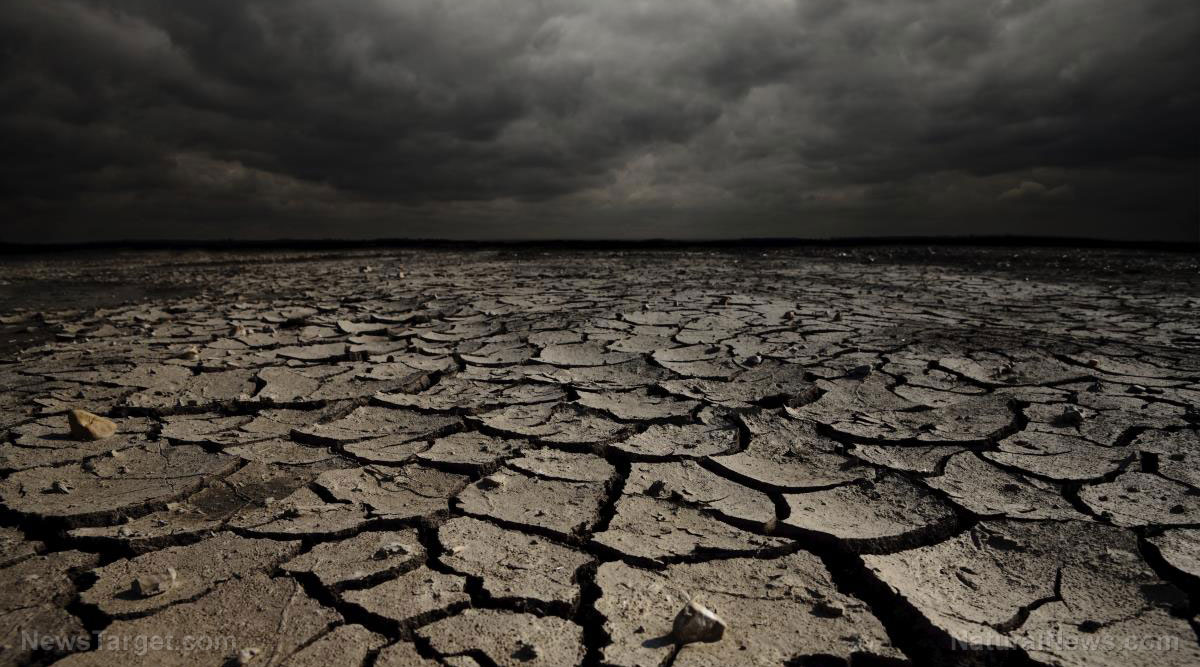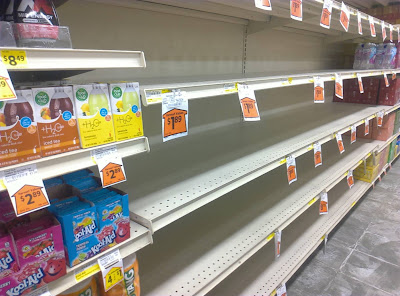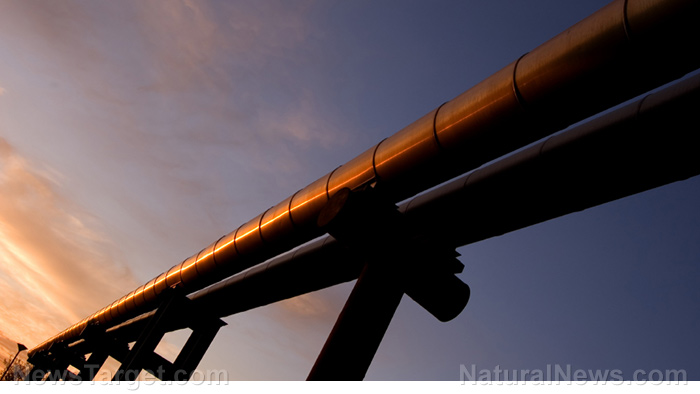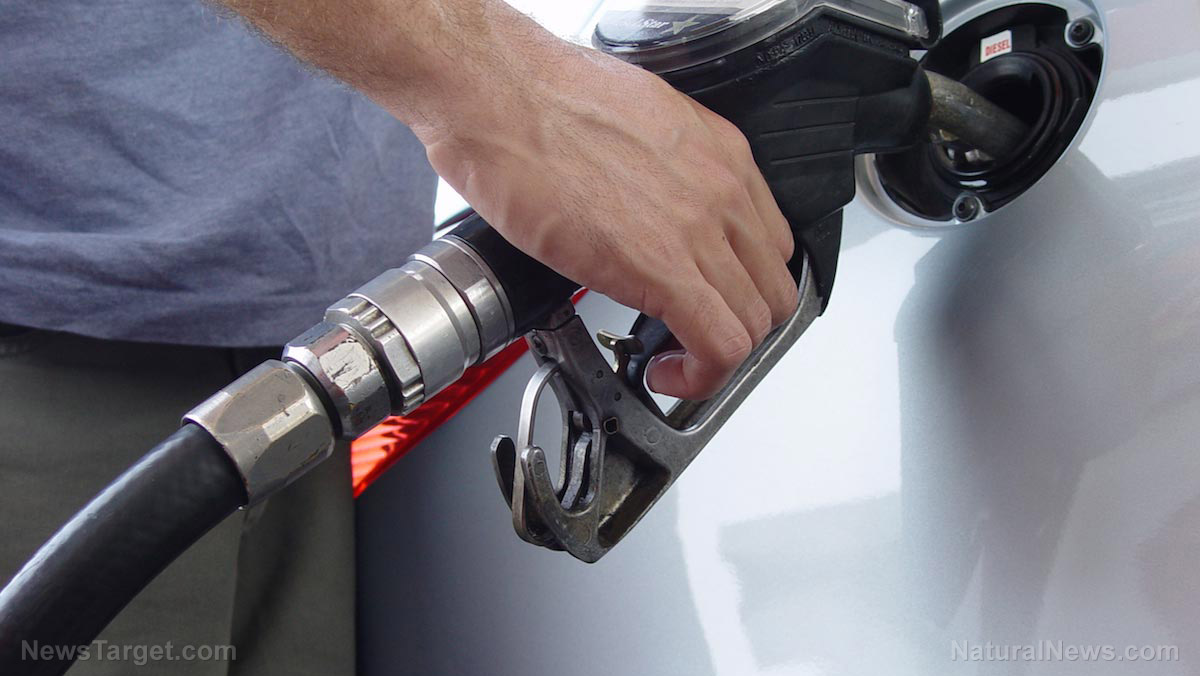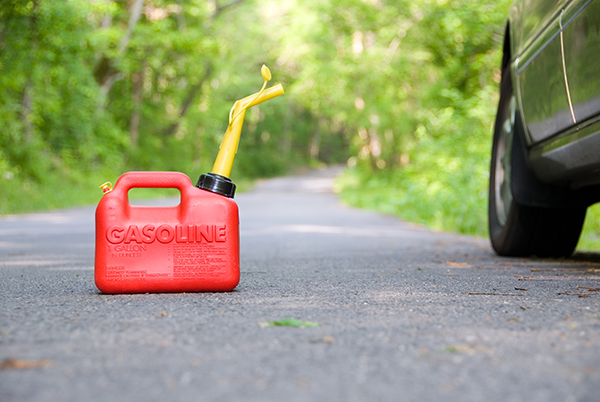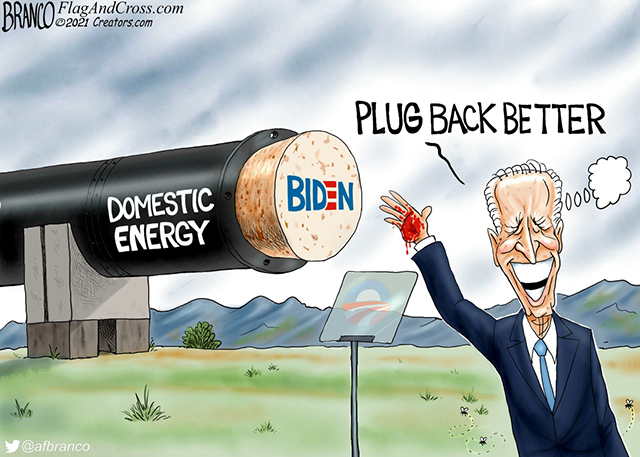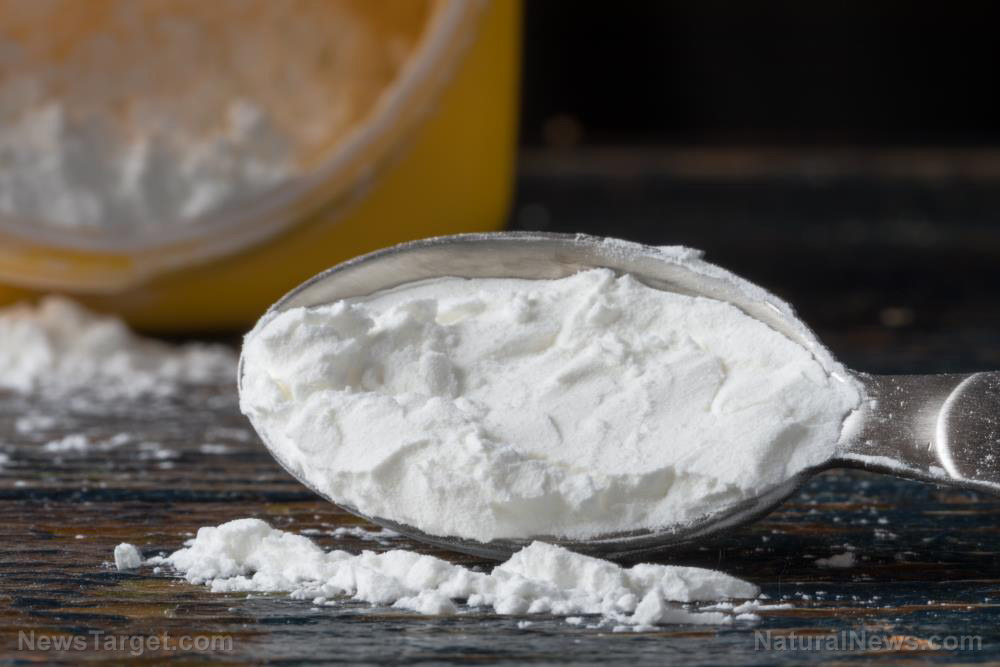Pipelines as alternative fuel sources in a post-SHTF world
10/21/2021 / By Virgilio Marin

Survival in a post-SHTF world is extremely difficult because fuel is scarce. As people desert their jobs and oil pipelines become unmanned for a long time, fuel shortages will be something you have to be prepared for. Unfortunately, fuel isn’t like food you can grow. It is sourced from the earth and undergoes several complicated processes before it can be used. Your best bet for preparedness is to stock up on fuel.
But in the event of a long-term SHTF event, your fuel stockpile will eventually run out. Luckily, you have an alternative fuel source in oil pipelines. (h/t to EdThatMatters.com)
Navigating pipelines
Pipelines do not become immediately empty even after oil refineries are not operational anymore. This means that oil products like refined gasoline and propane are still flowing through the nation’s pipelines.
Pipelines are color-coded according to the product inside. Purple indicates water coming from oil wells, blue signals freshwater, yellow is a natural gas line, red either specifies a fire suppressing liquid or electricity. The color may vary from place to place but a color-coding system is supposed to be an international mandate. You can do a quick research online or phone your state to find out more.
Most pipelines are built with a valve setting or other type of riser that can be opened up to collect some of the product inside. Keep in mind that pipelines still contain very high pressures that can hurt you even though the pumps are not operational anymore.
Anything like propane or natural gas requires specialized fittings and equipment in order to safely transfer the product into propane tanks. These fittings can be purchased from a propane distributor or online. For liquid pipelines, you can siphon fuel through aboveground valves using the right pipe fittings and a fuel hose. (Related: Tips for storing different types of fuel long term.)
Safety reminders
Always wear safety equipment like goggles, chemical gloves, coverall or anything that can keep toxic substances out of your eyes, mouth and off of your skin and clothing. Never, under any circumstances, try knocking a hole or tampering of any sort with the pipes and refinery equipment to extract what is inside, especially if you are not an oil refinery worker yourself. There is a high risk of a system shutdown, explosion or product release that could endanger lives and property. Everything that flows through wellheads, pipelines and refineries has the potential to start an accident.
Take note also that the more oil facilities are impacted by damage, the more difficult and the longer it will take to bring the facility back online when life begins to return to normal. Again, avoid tampering with any refinery equipment.
Additionally, private and federal enforcers will likely guard major oil refineries even when SHTF. Oil refineries are a valuable resource to a nation, which is why refineries usually become military targets during wartime. The loss of oil and gas production is one of the fastest ways to cripple an enemy nation. For national security purposes, oil stakeholders including the government would want to keep refineries manned. This means that looting of any type in refineries may be impossible.
Oil refineries are industrial facilities built with specialized equipment that requires skill and training to properly operate. That said, avoid extracting fuel from pipelines if you lack the necessary knowledge to do it. If possible, you can bring an oil refinery worker to your survival group to carry out the job instead.
Fuel is an important resource that everyone needs for survival. But prized as it is, it will easily become scarce when SHTF. Stockpile fuel or look for other opportunities to keep yourself furnished with it.
Sources include:
Submit a correction >>
Tagged Under:
alternative fuel sources, chaos, disaster, fuel, oil pipelines, panic, preparedness, prepper, prepping, SHTF, survival, survivalist, tips
This article may contain statements that reflect the opinion of the author
RECENT NEWS & ARTICLES
COPYRIGHT © 2022 FuelRationing.news
All content posted on this site is protected under Free Speech. FuelRationing.news is not responsible for content written by contributing authors. The information on this site is provided for educational and entertainment purposes only. It is not intended as a substitute for professional advice of any kind. FuelRationing.news assumes no responsibility for the use or misuse of this material. All trademarks, registered trademarks and service marks mentioned on this site are the property of their respective owners.


